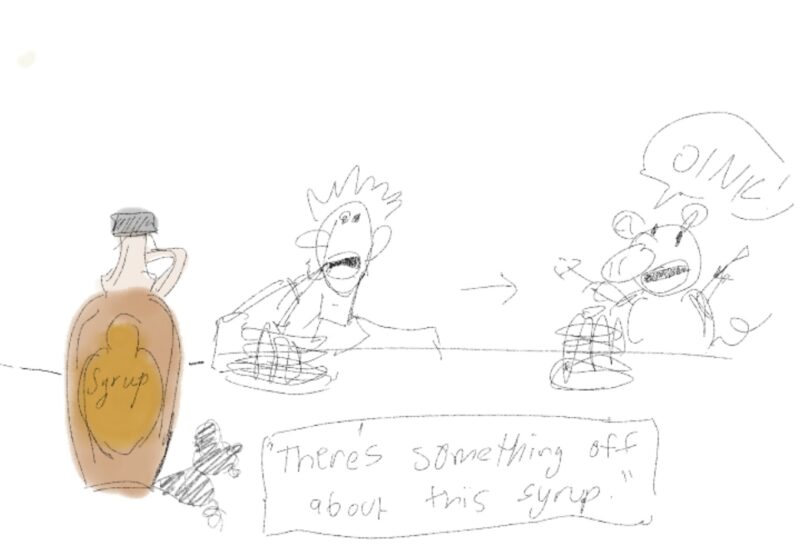News has never waited on reporters. But the public has.
Now, that gap is disappearing.
And Campus Times is looking to follow that trend.
When Joel Seligman, then the president of UR, announced he would be stepping down in January, or when norovirus hit campus in 2016, every reader had the right to know immediately.
Even with routine stories, the battle against time remains. Look at a sports recap — how long will it stay relevant?
In an ideal world, we would have no turnaround delivering the news to you. The question is, how close can we get?
The answer is probably bounded at some interval until we all become cyborgs or the rest of journalists lose their jobs to artificial intelligence.
But a factor inherent in this answer is something I’ve been ignoring until now — the quality of journalism. It needs to be above a certain baseline.
Quality here doesn’t just mean accuracy. That’s implied. Publications with a single sliver of integrity should shudder at the thought of bungling a factual detail.
Regardless, our job isn’t to list facts — it’s to weave them into a comprehensive narrative, to give you a solid idea of what’s going on. You’re all quite busy — it’s our job to gather information for you and make it easily digestible.
A well-crafted news article should give you the pieces of truth crucial to understanding the story. It should present them in an order that flows well – in a way that holds attention.. Our mission is to make sure every article we send out meets this standard.
And therein lies the Catch-22.
If an article takes too long to finish, it loses relevance. More importantly, it loses the ability to impact and cause change. If the article is done haphazardly, that impact could be vastly lessened thanks to a muddled narrative.
Worst of all, there could be negative impact due to misinformation based on assumptions or anecdotes rather than careful research.
There’s no one-off solution here. The sweet spot between immediacy and quality depends on a few factors, including the availability of our reporters, their experience level, whether we have useful contacts, and the complexity of the story.
Campus Times isn’t a full-time job. It’s not even a job. We’re a group of volunteer students. That means we have valid responsibilities that can get in the way of the paper.
My predecessor and publisher have already talked about our going digital, with the exception of monthly print editions. With this advent, we’re promising more focus on immediate, well-crafted articles than ever before.
We hope we’re close to reaching the balance between time and quality, given the resources we have. But improvement on both fronts comes with additional contributors.
This talk of journalistic quality may seem imposing, but I’m confident we have a talented staff that can help new writers bring the best out of their work and help them learn how to do the same for others.
But I’m not just writing this to recruit first-years. I also hope our increasing number of readers keep us accountable, as we try to do with the University.
If we miss a chance to positively impact the community by being too late or missing on a detail, we ask for your constructive criticism.
And if you found this to be poorly written or too much of a rehash, my email’s on our website.





